When one thinks of great movie villains, characters like Darth Vader, Lord Voldemort, Norman Bates, or Michael Myers are bound to be among the first names that spring to mind, none of whom are particularly known for their sense of humor. But when you think about it, there are in fact a whole host of fantastic, memorable movie villains who have graced our screens over the years that not only possess an ambiguous moral compass and a penchant for evil-doing, but are also hilarious in the process.
Here, we’re looking at those moments where malevolence meets mirth, and the funniest villains take center stage. From the iconic performances of yesteryear to the contemporary twists on archetypal evildoers, these are the 10 funniest movie villains, ranked.
10 Freddy Krueger — A Nightmare on Elm Street (1984)
A Nightmare on Elm Street, from the great horror director, Wes Craven, introduces Freddy Krueger, portrayed by Robert Englund, as a vengeful spirit haunting the dreams of his victims (and viewers). Released in 1984, the film became an iconic entry into the slasher genre alongside the likes of Halloween and Friday the 13th. Krueger's burned visage and razor glove have become iconic symbols of the horror genre, leading to numerous sequels and even more cultural references.
What Makes Them So Funny
Freddy Krueger set himself apart from his slasher contemporaries by infusing a wicked sense of humor into his murderous rampages. With his witty one-liners, Freddy always managed to find humor in the most gruesome and despicable situations, making A Nightmare on Elm Street one of the most unique and exciting horror movies of its time, cementing Freddy as a horror icon in the process.
A perfect early example of this dark humor can be found in the first movie. In one of the movie's more memborable scenes, he declares to lead protagonist Nancy, "I'm your boyfriend now, Nancy," not long before brutally murdering her current boyfriend in his sleep.
Rent on AppleTV
9 Bill Lumbergh — Office Space (1999)
Gary Cole's portrayal of the overbearing and obnoxious boss character Bill Lumbergh in Office Space perfectly encapsulates the frustrations of white-collar work. The 1999 cult classic, directed by Mike Judge, humorously critiques corporate culture. Lumbergh's deadpan management style and the film's exploration of office monotony resonated with audiences worldwide, making Office Space a timeless workplace satire and a certified cult classic.
What Makes Them So Funny
Bill Lumbergh in Office Space embodies workplace frustration with deadpan hilarity. His obsession with TPS reports and his bluntly delivered "So, if you could go ahead and do that…that would be great" has become a meme and internet sensation in its own right. In another a memorable scene, Bill asks worker Peter to work on Sunday, showcasing the character's obliviousness to employee morale. Cole's deadpan delivery and the relatability of Bill's office antics turn mundane office scenarios into comedic gold.
Stream on Max
8 Patrick Bateman — American Psycho (2000)
Patrick Bateman, portrayed by Christian Bale in American Psycho, is a chilling embodiment of a psychopathic and narcissistic character. Bateman, on the surface, is a successful and affluent investment banker in 1980s Manhattan. However, beneath his polished exterior lies a disturbing duality — a sadistic killer driven by an insatiable need for power and control. What makes Patrick Bateman particularly intriguing is his seamless blending of high-society charm with an unhinged, violent nature.
The film explores his descent into madness, offering a disturbing commentary on the superficiality and decadence of the era. Bale's riveting performance and the character's existential struggles make Patrick Bateman a haunting and complex figure, leaving audiences both repulsed and fascinated by his twisted psyche.
What Makes Them So Funny
Based on this description, Patrick Bateman doesn’t seem like your run-of-the-mill comedy character, but much like the movie itself, there’s an undercurrent of pitch-black humor that permeates his persona. Bateman's disconnect from reality and his deadpan delivery of outrageous lines contribute to a sense of absurdity, creating moments that elicit uneasy laughter.
The irony of his outwardly polished, successful persona, paired with his violent and erratic behavior, adds a layer of dark humor, as viewers are left to grapple with the absurdity of the stark contrasts within his character. It's a twisted kind of humor that emerges from the unsettling gap between Bateman's polished facade and the gruesome "reality" lurking just beneath the surface.
Rent on AppleTV
7 Hades — Hercules (1997)
Herculesis Disney’s take on Greek mythology, but with a comedic twist. Hades from Hercules is one of Disney’s funniest and most devilishly entertaining villains. Though John Lithgow, David Bowie, and Jack Nicholson were all considered for the role, it was eventually given to James Woods, who took the character and made it his own as the fast-talking, wise-cracking, leader of the underworld full of sass and sarcasm.
What Makes Them So Funny
Not only is Hades full of sass and sarcasm, he also has a fantastic way of breaking the fourth wall in hilarious fashion. Throughout, he is sharing with the audience his constant and ever-growing frustrations with Hercules and his own two incompetent sidekicks. Probably the funniest example of his fourth wall-breaking, though, was likely missed by the vast majority of the audience.
In an era before it was the norm to feature a post-credits scene, his echoed voice can be heard bemoaning the lack of a happy ending for him, as the credits gradually come to an end. As it fades to black, he can be heard shouting, “Hello… hellooo!”, and pleading for acknowledgment, referencing not only his banishment in the film, but also the fact that there is probably no one left in the cinema to acknowledge him either.
Stream on Disney+
6 Jacobim Mugatu — Zoolander (2001)
Will Ferrell delivers a typically eccentric and over-the-top performance as Jacobim Mugatu in the fashion-focused comedy Zoolander. The film, directed by and starring Ben Stiller, satirizes the modeling industry. Mugatu's offbeat personality and outrageous plans to control the fashion world add nicely to the layer of absurdity that coats the movie’s satirical take on beauty and fame.
What Makes Them So Funny
Will Ferrell's Jacobim Mugatu in Zoolander is a comedic tour de force, with his exaggerated eccentricities and flamboyant personality. One standout moment is Mugatu's infamous “Derelicte" fashion show, a satirical take on high fashion that hilariously mocks the industry's pretentiousness. Ferrell's commitment to the character's absurdity, including his erratic behavior and unique fashion sense, creates a memorable comedic antagonist that adds an extra touch of madness to an already outlandish movie.
Stream on Paramount+
5 Chucky — Child’s Play Franchse (1988-Present)
Chucky, the malevolent doll inhabited by a serial killer's spirit, wreaks havoc in the Child's Play horror franchise. Starting with the 1988 film of the same name, the series explores the terror unleashed by Chucky.
What Makes Them So Funny
Chucky derives humor from the absurdity of a seemingly harmless toy turning into a murderous menace. In Child's Play 2, Chucky's dark humor really begins to shine through as he wreaks havoc in a toy factory, turning innocent objects into deadly weapons. Voice actor Brad Dourif's delivery of Chucky's twisted one-liners, transforms the character into an enduring source of both terror and amusement.
Stream on Max
4 Biff — Back to the Future (1985)
Thomas F. Wilson's portrayal of Biff Tannen spans the classic and much-loved Back to the Future trilogy, directed by Robert Zemeckis. Biff, a classic high school bully turned antagonist, becomes entangled in the time-traveling adventures of Marty McFly.
What Makes Them So Funny
Thomas F. Wilson's portrayal of Biff Tannen in the Back to the Future trilogy finds humor in his buffoonery and eventual comeuppance. Biff's interactions with the time-traveling Marty McFly, especially in the alternate 1985, showcase his exaggerated bullying tendencies. The humor intensifies as Biff's arrogance and lack of self-awareness lead to his downfall in each timeline. Wilson's comedic timing and embodiment of Biff's absurdity make him a memorable comedic antagonist.
Rent on AppleTV
3 Lord Farquaad — Shrek (2001)
In DreamWorks' animated hit Shrek, John Lithgow lends his voice to the diminutive yet power-hungry Lord Farquaad. Released in 2001, the film revolutionized the animation genre with its cutting-edge CGI and its satirical take on fairy tale conventions. As Shrek embarks on his quest to rescue Princess Fiona, he comes across the vertically challenged Lord Farquaad, whose comedic portrayal adds a layer of political satire and self-awareness to the film's subversion of traditional fairy tale storytelling.
What Makes Them So Funny
Lithgow's Lord Farquaad in Shrek delivers humor through his power-hungry Napoleon complex and satirical take on fairy tale tropes. Farquaad's attempt to find the "perfect" princess through a comically oversized magic mirror becomes a hilarious moment. The irony of his grandiose ambitions and diminutive stature is amplified in scenes where he struggles to mount his horse. Lithgow's inimitable vocal performance and Farquaad's physical comedy work together perfectly to create one heck of a hilarious animated antagonist.
Rent on AppleTV
2 Dr. Evil — Austin Powers Franchise (1997-2002)
Mike Myers delivers an outrageously funny and strangely unsettling performance with his portrayal of Dr. Evil in the Austin Powers films series. These raunchy and absurd spy parody movies focus on Dr. Evil's outlandish plans for world domination. Myers' dual role as both hero, Austin Powers, and villain, Dr. Evil, showcases his comedic versatility as he turns both characters into pop culture icons known for their quirky mannerisms and memorable catchphrases.
What Makes Them So Funny
Clad in prosthetics, Myers' portrayal of Dr. Evil in the Austin Powers series is a masterclass in villainous hilarity. Dr. Evil's outrageous plans, strange mannerisms (such as the iconic holding of his little finger to his mouth), and unusual voice showcase a perfect blend of over-the-top villainy and comedic absurdity. Myers' ability to seamlessly switch between Dr. Evil and the bumbling Austin Powers adds a meta-comedic layer to the character and Dr. Evil's interactions with his eccentric son Scott (played by Seth Green) and his awkward attempts at connecting emotionally are definite highlights.
Rent on AppleTV
1 Harry and Marv — Home Alone (1990)
Joe Pesci and Daniel Stern play the bumbling burglars Harry and Marv in Home Alone, the beloved Christmas family comedy directed by Chris Columbus. Released in 1990, the film follows Kevin McCallister (Macaulay Culkin) as he defends his home with a plethora of ingenious, and somewhat sadistic, traps. Pesci and Stern's physical comedy and on-screen chemistry have cemented the pair as one of cinema’s greatest double acts.
What Makes Them So Funny
Pesci and Stern's Harry and Marv in Home Alone become comedic foils as they bumble their way through Kevin McCallister's booby traps. Each trap, from the swinging paint cans to the heated doorknobs, showcases the duo's slapstick reactions and hilarious physical comedy. From Pesci's incoherent exasperated ramblings to Stern’s over-the--top facial expressions and shrieks of pain, there’s never a dull moment when the duo is on-screen.
Stream on Disney+
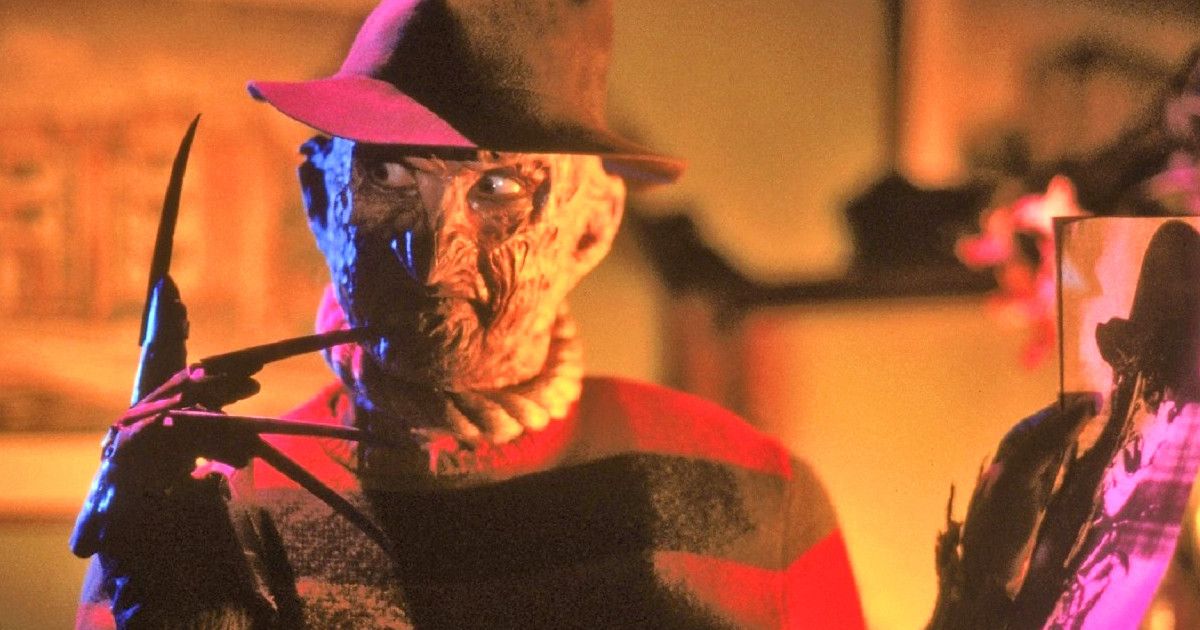
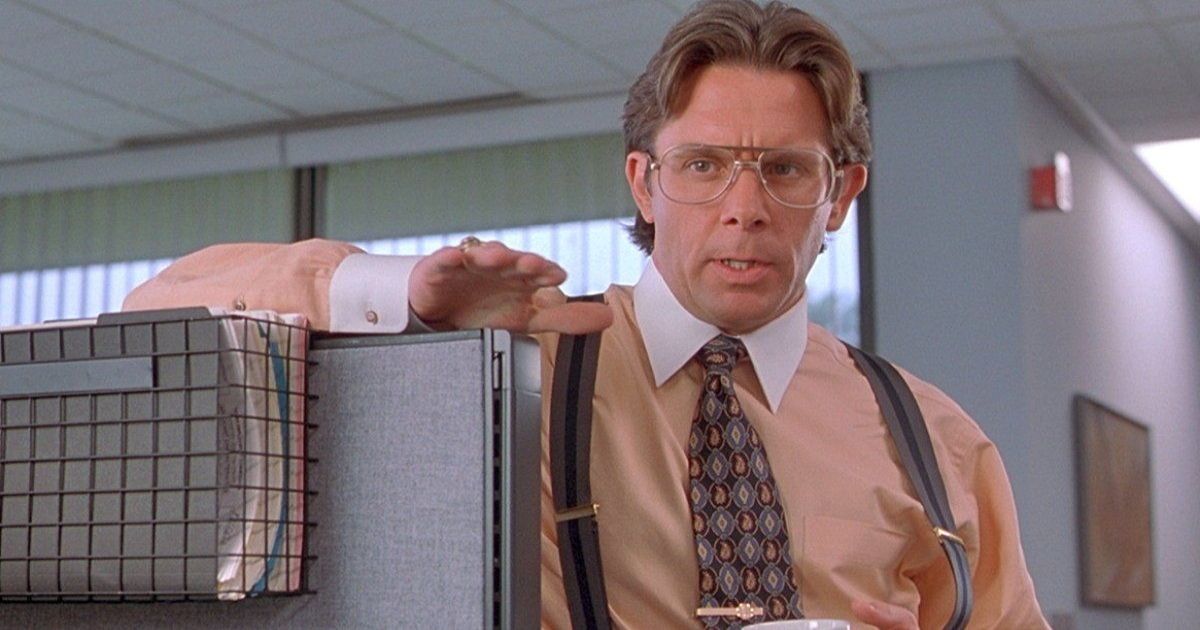
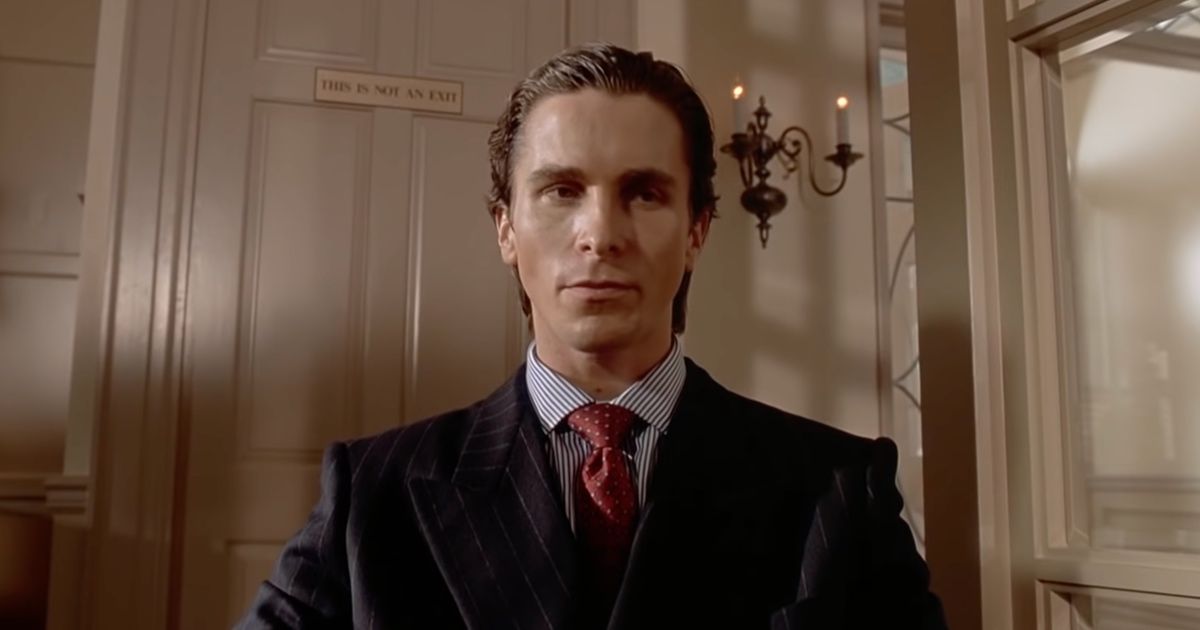
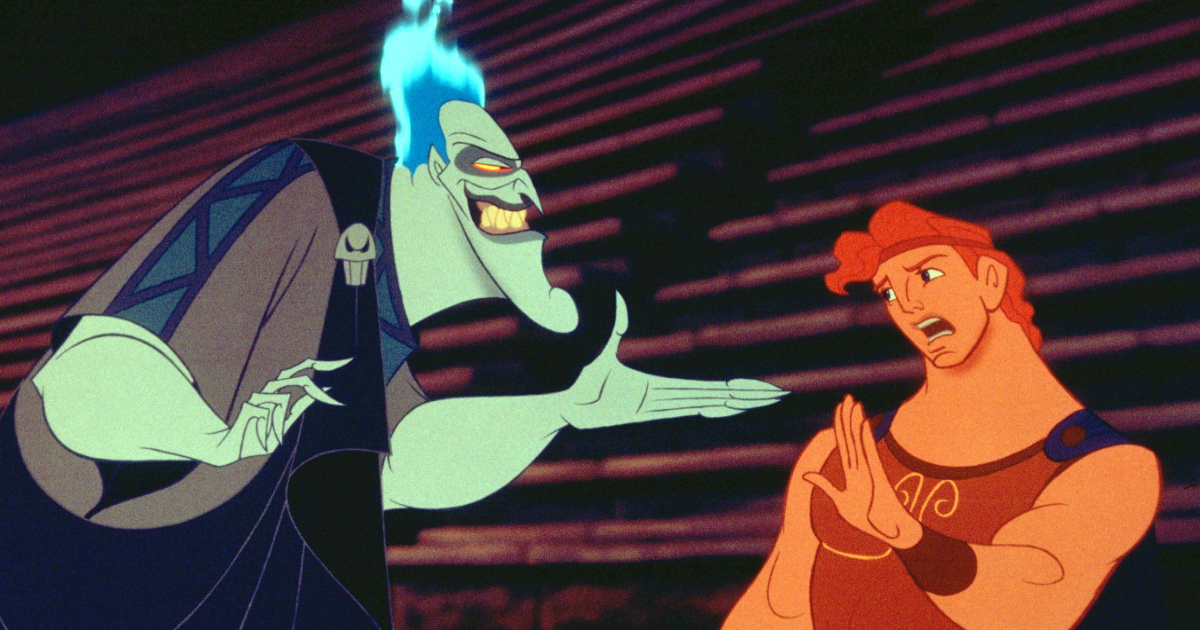
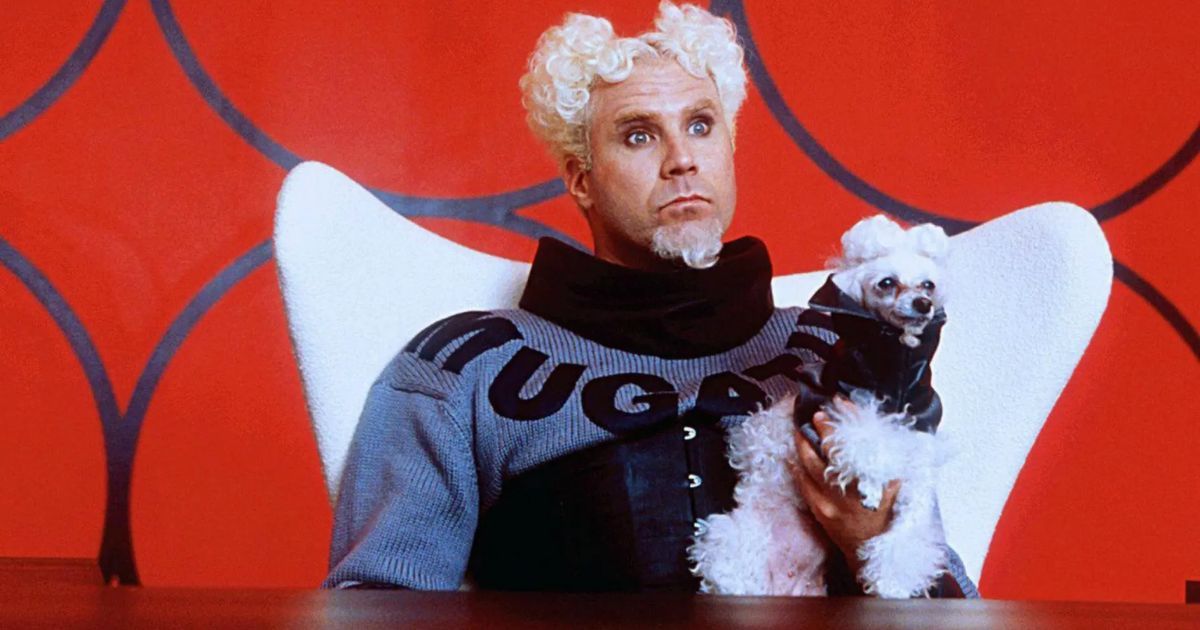
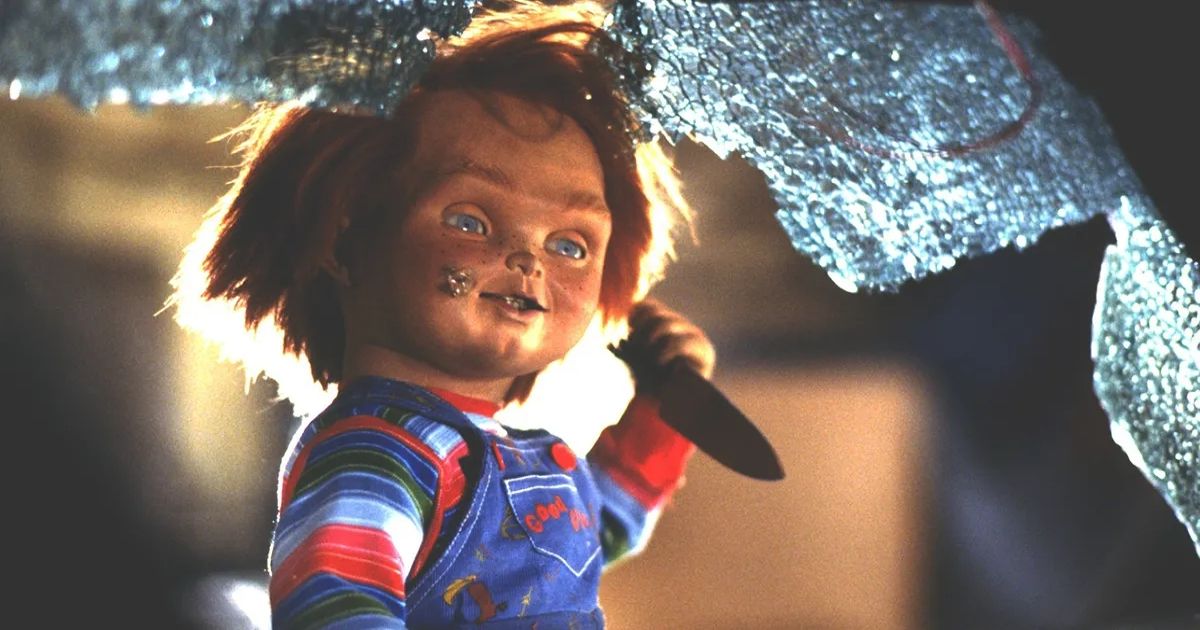
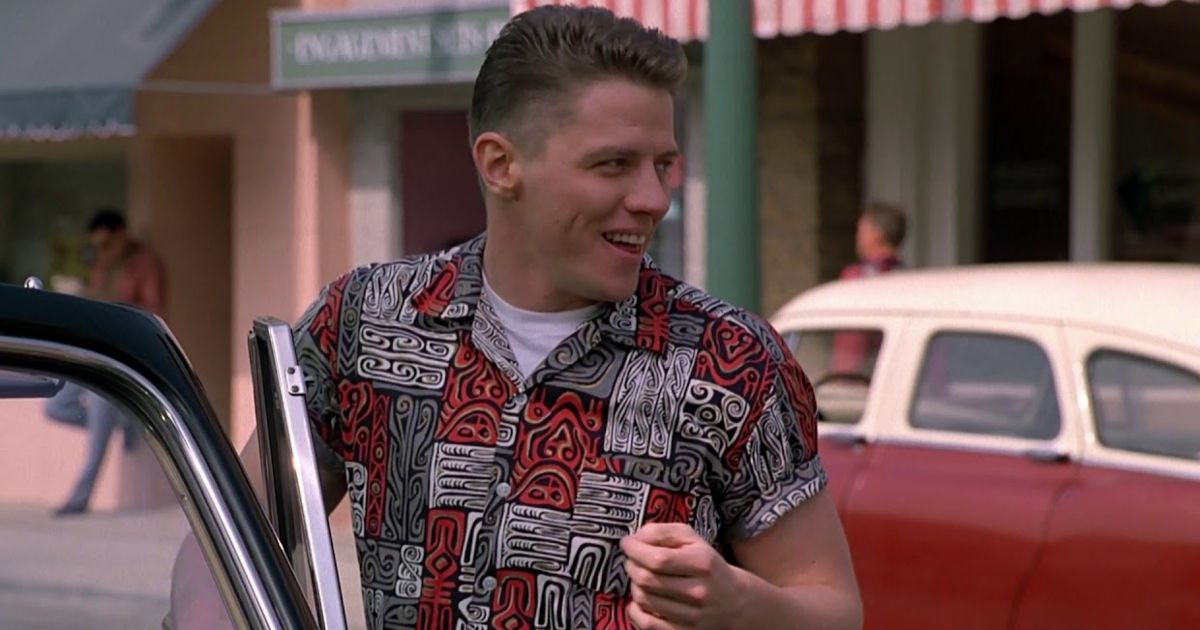
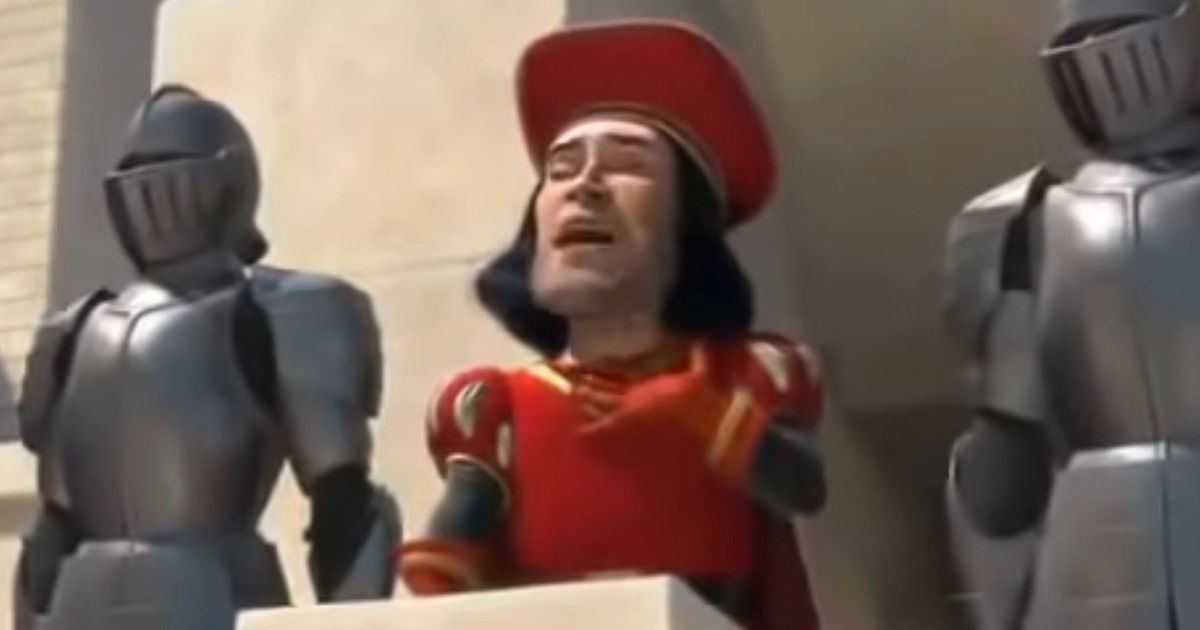
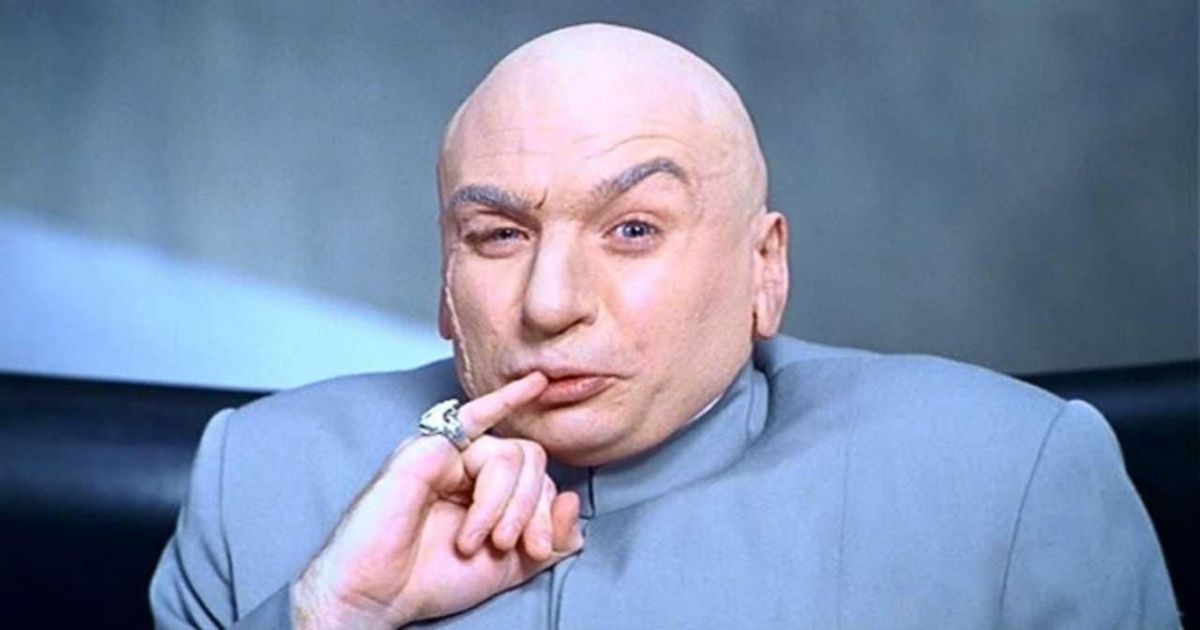
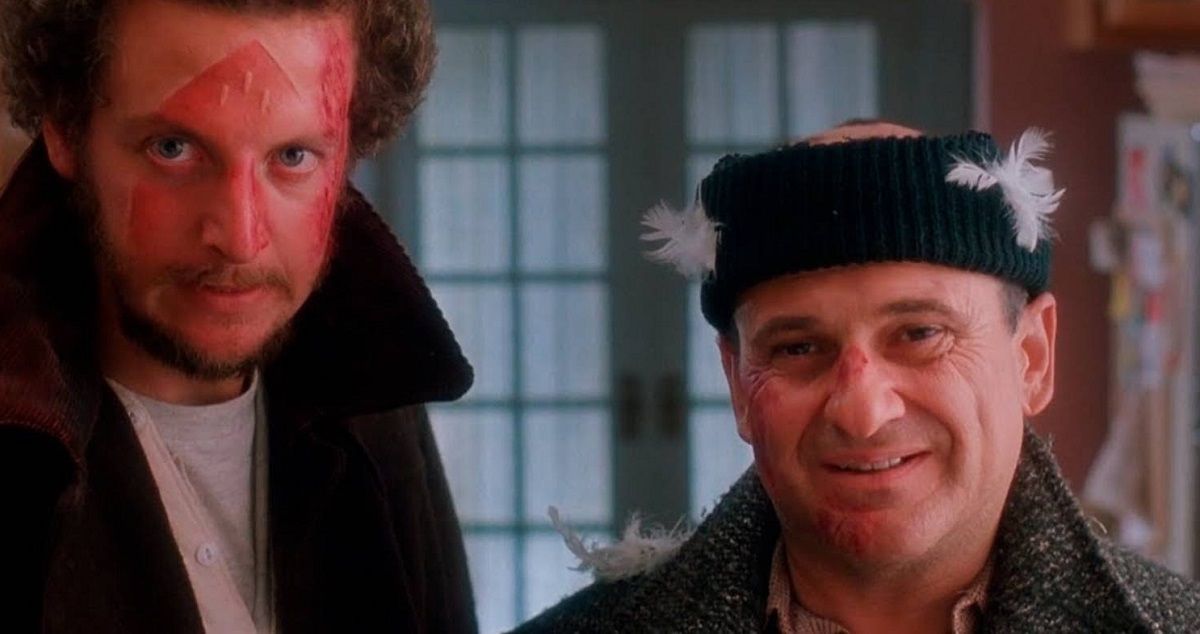
Comments
Post a Comment